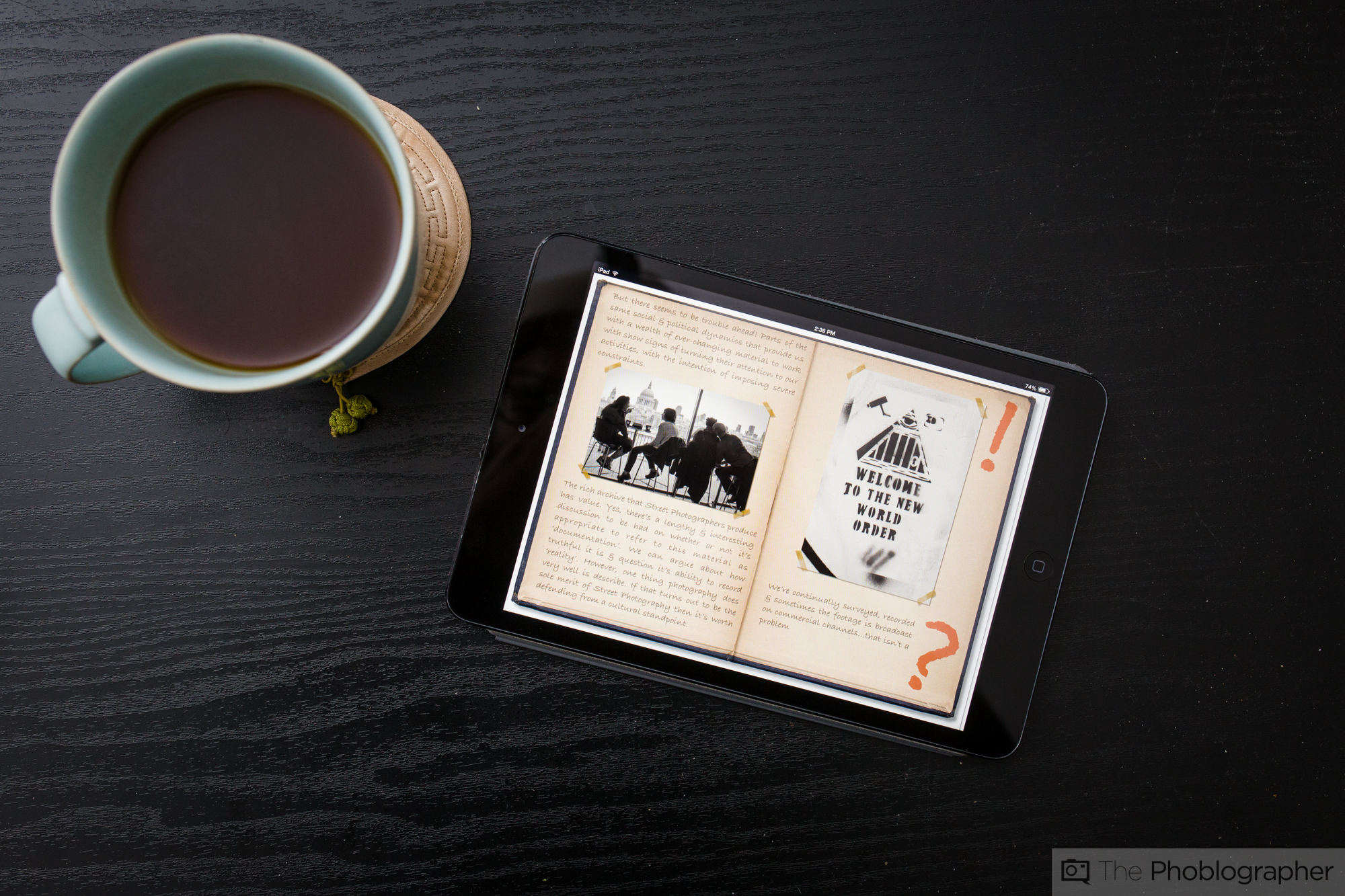
This new year, take an oath to keep a photography journal (or, if you prefer, call it a diary, workbook, or notebook) for yourself. The name doesn’t matter, but it should be a physical book copy just for your photography. Why? There are several reasons for this, and we will get to them in a minute. However, if you think it is useless, you are wrong. While not many photographers have a book in any form, for those who do, it makes a whole lot of difference to their practice.
To Help Your Memory
In the age where everything is digital, your screen time in front of a phone, a computer, or even a laptop increases depending on your assignment hours. More or less, this can affect your memory in the long term. As a result, keeping a photography journal for your personal projects can really help you remember the kind of images you make, where you make them, and even what happened. In fact, putting anything on paper by hand enhances your memories and improves your concentration because when you write, you are committed to the act. So, if you note down what happened on a [particular day during a particular shoot, you are likely to have a better recall value.
Review Your Progress
How often have you visited your photography gallery to check the trajectory of your improvements? Perhaps once in two months or so. Since we are so busy with our day-to-day chores, it becomes quite challenging to keep a tab of our journey or even give ourselves the time to review our work. If you are learning by yourself, then a photography journal can be helpful for you in finding a direction. Not only will it require discipline on your part to write, but you can also use images in the book to highlight what went right or wrong with some shots. It also becomes easy to come back and look at the work more holistically.
Can Note Down Ideas
A photography journal can be about creating more ideas. For instance, if you see the work of some photographer that inspired you, you write down the name and refer to it later. Or, you were talking to a friend, and something they said was your eureka moment; you can always jot that down. In fact, I do have a friend who does that. If he ever gets an idea during a conversation, he will note it and refer to it later. And he has been doing so for over a decade.
A Photography Journal Can Be Anything You Want it To Be
Some of the most renowned photographers kept a photography journal. For instance, Diane Arbus and Francesca Woodman’s journals were about their thoughts, reflections, ideas, or how they worked on a project. Their writings help us understand the depth of their creative thinking and process. Had they not explained themselves in their own words, we may have lost a valuable part of history. Their opposite is Peter Hujar, who kept a simple book he called job books, helping him note down places and dates. You can also make a personal scrapbook, just like Robert Frank did, but it was for his wife.
Keeping a photography journal can be about anything, as long as you are committed to it. For instance, you can focus on writing for photography or simply create a book with the best photographs. Either way, this allows you to be practical with your work without shying away. You also don’t have to show this work to anyone unless you have a close confidante. Ultimately, this is like any other practice that will help you hone your talents better. It is up to you what you do with the ideas we share.

